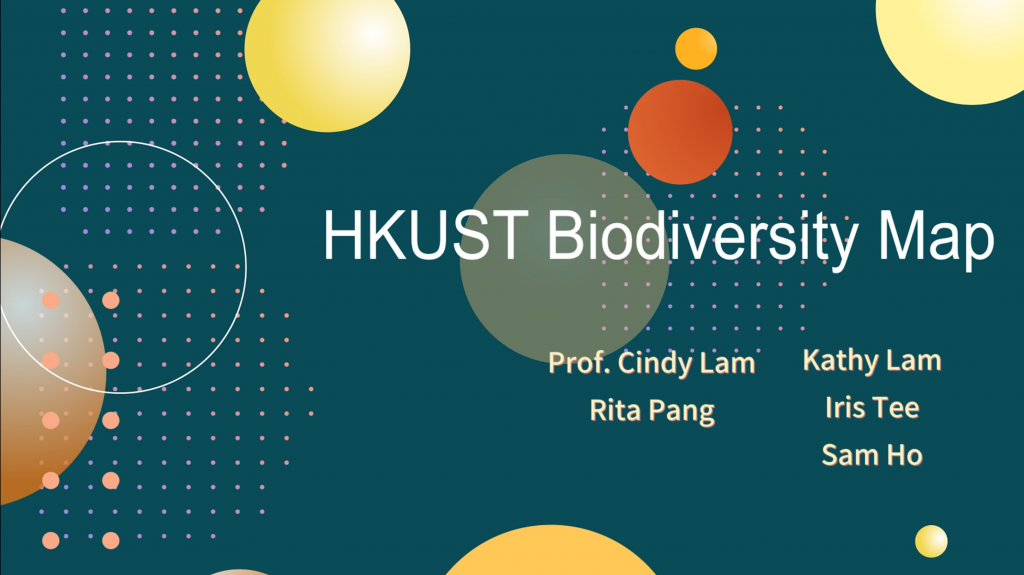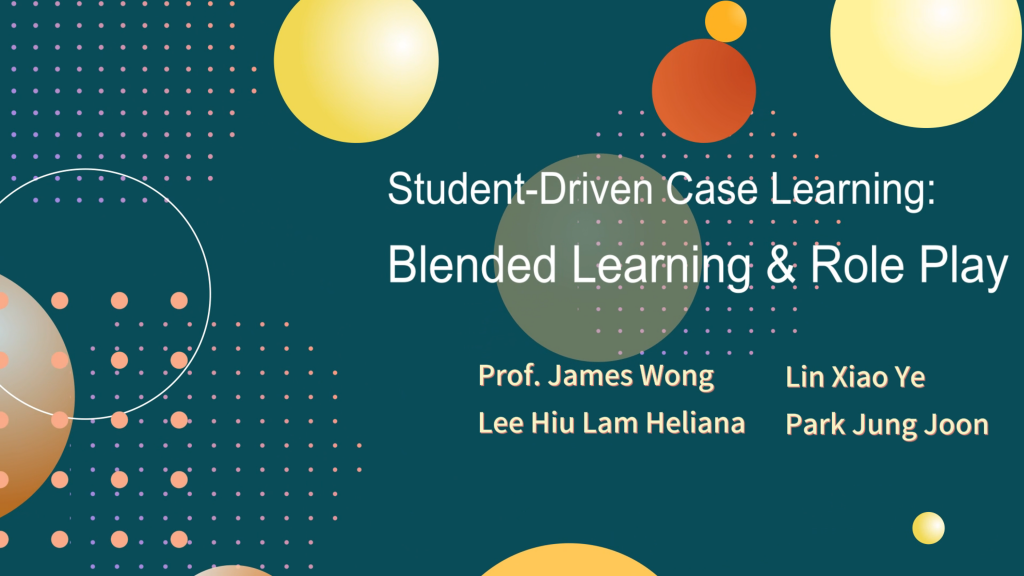In an innovative project within the Medical Faculty at HKU, “Students as Co-designers: Formalising Student-Educator Partnership in Curriculum and Pedagogy Co-creation” marks a significant step forward in collaborative educational practices. Led by Dr. Mei Li Khong – Lecturer and Digital Education Consultant at the School of Clinical Medicine and School of Biomedical Sciences, and Dr. Peter Lau – Lecturer at the Teaching and Learning Innovative Centre, this initiative has successfully bridged the gap between students and educators. Among the vanguard of student partners are Ms. Alexia Ng and Mr. Ethan Wong, Year 3 MBBS students, and Ms. Viviana Lam, a Year 4 MBBS student, who are part of a larger group of dedicated students participating in this effort.
They embarked on a journey to reshape the educational experience by formalizing the Student-Educator Partnership in the curriculum and pedagogical design. Their collaborative efforts aimed not just at integrating students into the curriculum development process but also at facilitating a meaningful dialogue across traditional hierarchies, thereby fostering a dynamic and reciprocal educational environment.
Harnessing the Power of Student-Educator Partnerships
Dr. Mei Li Khong’s reflections on the partnership between students and educators reveal a dynamic and multi-faceted learning landscape within the Medical Faculty at HKU. Through her leadership in the “Students as Co-designers” project, Dr. Khong has observed a transformative shift in perspective among student co-designers, recognizing their potential to surpass the achievements of their educators when given the opportunity and empowerment. This initiative has highlighted the diversity in partnership levels, illustrating that there is no “one-size-fits-all” approach to collaboration between students and teachers. The result has been the development of over twenty student-centered innovations, each contributing to a more organized and effective learning environment without compromising professional standards. Dr. Khong’s commitment to incorporating Students as Partners elements in future plans reflects a strategic approach to fostering educational innovations that not only catalyze new developments at an exponential rate but also significantly deepen the learning and professional development of student co-designers. Her vision underscores the importance of a learning environment that supports mutual growth among students, educators, and the broader academic community, setting a new standard for educational excellence and collaboration.
Bridging Communication and Collaboration
Ethan Wong, a Year 3 MBBS student, brought a unique perspective to the project with his keen focus on enhancing soft skills among his peers. Through his involvement, Ethan emphasized the importance of empathy and effective communication within the medical community. He played a pivotal role in designing workshops aimed at integrating various medical specialties, providing invaluable insights from a student’s perspective. His efforts were instrumental in fostering an environment where active discussion and exchange of ideas were encouraged, thereby enhancing the collaborative learning experience. Ethan’s contribution underscored the significance of “soft skills” in medical education, advocating for a curriculum that balances technical knowledge with interpersonal competencies.
Innovating Clinical Learning
Alexia Ng, also a Year 3 MBBS student, contributed significantly to the project by focusing on the development of clinical interactive worksheets. Her work was guided by an introduction to Bloom’s taxonomy from her educators, which she used to craft questions that spanned a range of difficulty levels. This approach not only improved the quality of educational materials but also deepened students’ engagement with the content. Alexia’s dedication to refining these worksheets, coupled with her proactive stance on learning, exemplified the project’s goal of student-led innovation. Her efforts highlighted the transformative potential of student contributions in reimagining traditional teaching methods.
Enhancing Workshop Structure and Engagement
Viviana Lam, advancing through her fourth year in the MBBS program, brought her experience and insights into the planning of the GIS Active Learning Workshop (ALW). Reflecting on past participations, she identified a lack of structure in case writing as a significant hurdle for students. Collaborating closely with her partner, Viviana developed a set of guidelines and an example case to streamline the process for future cohorts. Her initiative not only simplified the case design process but also enhanced the overall effectiveness of the workshop. Returning to teach the very workshop she helped improve was a full-circle moment for Viviana, providing her with a firsthand view of the positive changes enacted through student-educator collaboration. Her work stands as a testament to the project’s ethos of empowering students to lead and innovate within the educational sphere.
Pioneering a Shift in Educational Focus
Dr. Peter Lau, with his insightful perspective on education, has been a key figure in championing a paradigm shift within the HKU Medical Faculty’s “Students as Partners” projects. He advocates moving beyond the traditional focus on “what to learn” to a more profound inquiry into “how to learn better.” This approach underscores the necessity of pedagogical conversations that extend beyond the delivery of discipline knowledge through active learning methods like case studies, problem-solving, and experiential learning. Dr. Lau emphasizes the importance of addressing the efficiency of learning and the rationale behind educational methodologies, arguing for a need to embrace diverse perspectives on teaching and learning. By fostering professional dialogues that bridge the gap between teaching content and understanding the learning process, Dr. Lau’s contributions aim to cultivate an educational environment that values critical thinking and adaptive learning strategies, ultimately enriching the student-educator partnership experience.


